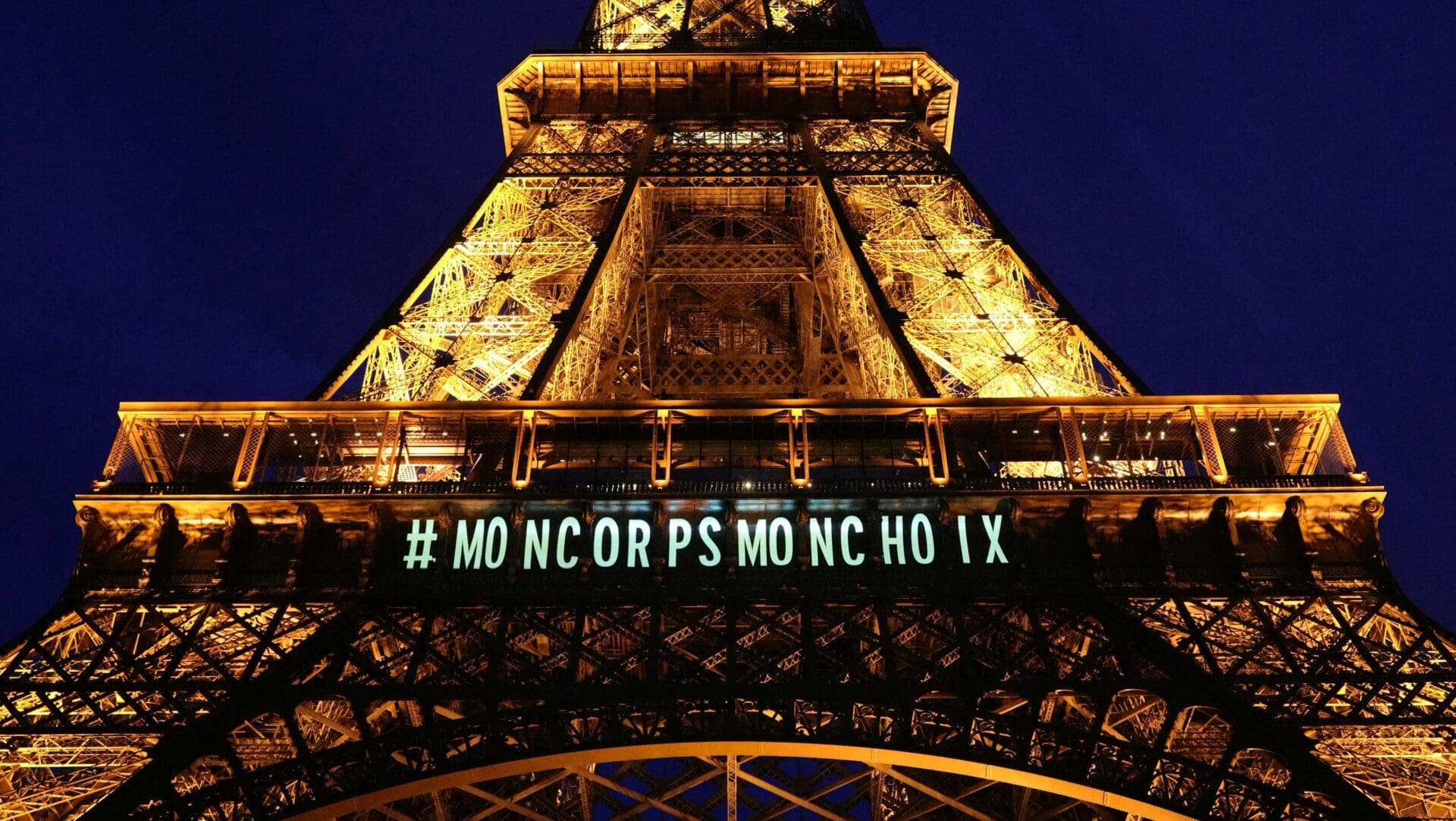The following is a translation of an opinion piece written by foreign affairs journalist Mátyás Kohán, originally published on Mandiner.hu.
Where infanticide is the subject of national consensus, there is inevitable decline.
I do not like the word ‘abortion’. It sounds like the ‘abort’ button in the bottom right corner of Windows dialogue boxes. It says, as in so many situations in life, that there is an ‘I changed my mind’ option. A magical collection of pixels on a screen somewhere that, with a click, lets you go back to the previous window, or all the way back to square one.
The word ‘abortion’ implies that it is possible to escape from this situation, too, as from so many others on the path of human life.
Yet it is precisely the ‘abort’ button that is not available in this situation. It is not a question of whether anyone is guilty of anything, of how much responsibility men and women together and separately bear, or whether any woman in the world deserves the sometimes not-at-all sweet burden that is placed on her from the moment of conception.
The question is whether it is possible, or whether it should be possible, to solve anything at the cost of another human life.
The basic question about abortion is the same as that about killing people or war, even if the former is answered by much more innocent, harmless, and sympathetic people than the two latter ones. So let us call abortion what it is: murder, foeticide, infanticide. These things exist. Abortion, on the contrary, does not exist; abortion is a lie, the cold bottom of self-exculpatory lies, and the women’s rights guise it assumes nowadays is nothing less than blasphemy.
On the evening of 4 March, the two houses of the French Parliament voted 780 to 72 in favour of a constitutional amendment of the Fifth Republic to protect women’s freedom to have deliberate abortions. All resoundingly voted for it except for those who are usually derided as ‘far right’. It will not sound good from a man, I know; but I will have to tell the truth about this European tragedy.
The truth is that France, which has made foeticide a constitutional issue, is like the ruins of a smoking lighthouse showing what we on the Hungarian and European right are fighting against:
that particular Western form of going astray for which the term ‘the decline of the West’ is fully justified.
The ‘decline of the West’, or the Untergang des Abendlandes in German, is not at all about the cost and availability of natural gas in Germany; and it is neither a refutation nor proof of the decline to repeat how many times the average French income is compared to the average Hungarian income. The ‘decline of the West’ does not cover up or make up for bad policies in the Non-West, nor in the countries where the ‘decline of the West’ is being talked about. But still, it is an undeniable, factual process. The existence of the Muslim party in Germany’s bid for the European Parliament, the slit throat of Father Jacques Hamel, and the pierced corpse of Nahel M. are all powerful testimonies to its existence—and now the formalin-stinking blemish on the French constitution is also joining the ranks as the third French corpus delicti.
The constitution has a place for values that enjoy overwhelming social support, equivalent to a national consensus. The constitution is the framework within which a country moves, ideally for far more than just one term of government.
What is in the constitution is a country’s view of the world. So, where infanticide is the subject of national consensus, there is an inevitable decline.
Not only there—war is no less a blatant sign of decline—, but there most certainly. It is not the constitutional amendment that will change the practice of French women concerning infanticide in any meaningful way, nor will it lay down all the rules in detail. All it indicates is that the French people—yes, the people: not 51 per cent, not 61 per cent, but 91 per cent of the representatives of the people who voted—no longer regard foeticide, this infernal evil, as merely necessary but also as valuable. One cannot go lower than that.
Russia at least denies that it is at war—France, from now on, celebrates that it kills.
That was all I wanted to say, but I must add one more little thing. Yes, while the pro-life Hungarian right has been in government for fourteen years now, abortion legislation has remained unchanged since 1992, and it does not ban every type of pregnancy termination under all circumstances. The pro-life Hungarian right does not legislate as a Taliban horde on the issue of foeticide, and it is no accident that it does not do so: in Poland, it was partly the—quite right—total ban on infanticide that brought a thoroughly pro-infanticide government to power. Obviously, a total ban is not the means to permanently zero foeticides. But still, the only right goal cannot be less than permanently zero foeticide. It is a cause that is bigger than all of us, dwarfing all other questions of economics, foreign affairs, and political morality.
From now on, our country is the last bastion of this cause. As a matter of fact, the one and only bastion, for there is no other around us. The irrefutable bastion of the culture of life and the sacred value of the child, which two days ago in Paris was given a mission that cannot be declined.
Related articles:
Click here to read the original article.







